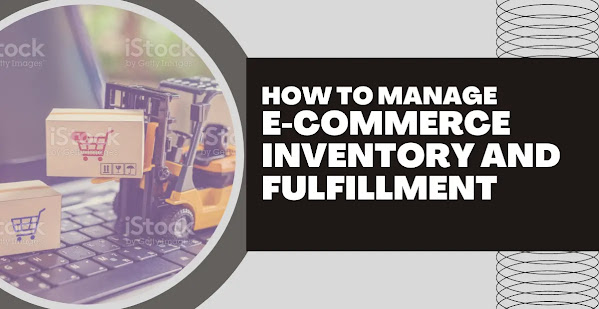In the world of ecommerce, managing inventory and fulfillment can be a complex and challenging task. Ecommerce businesses must ensure that...
In the world of ecommerce, managing inventory and fulfillment can be a complex and challenging task. Ecommerce businesses must ensure that they have the right products in stock, manage the movement of products in and out of their warehouses, and deliver orders to customers in a timely and cost-effective manner. To accomplish these tasks, ecommerce businesses can leverage a range of tools and technologies, including ecommerce inventory management systems, fulfillment centers, carrier services, and shipping software.
In this blog post, we will explore each of these tools in depth, discussing their features, benefits, and how they can help ecommerce businesses manage their inventory and fulfillment operations more efficiently and effectively.
Whether you are a small startup or a large ecommerce business, this blog post will provide you with valuable insights and tips to help you optimize your inventory and fulfillment operations and improve your overall business performance.
Outlines
- Ecommerce Inventory Management Systems
- Fulfillment Centers and Ecommerce Fulfillment Services
- Amazon FBA (Fulfillment by Amazon)
- Shopify Fulfillment Service
- Carrier Services
- Shipping Software
- Conclusion
- Ecommerce Inventory Management Systems


No comments